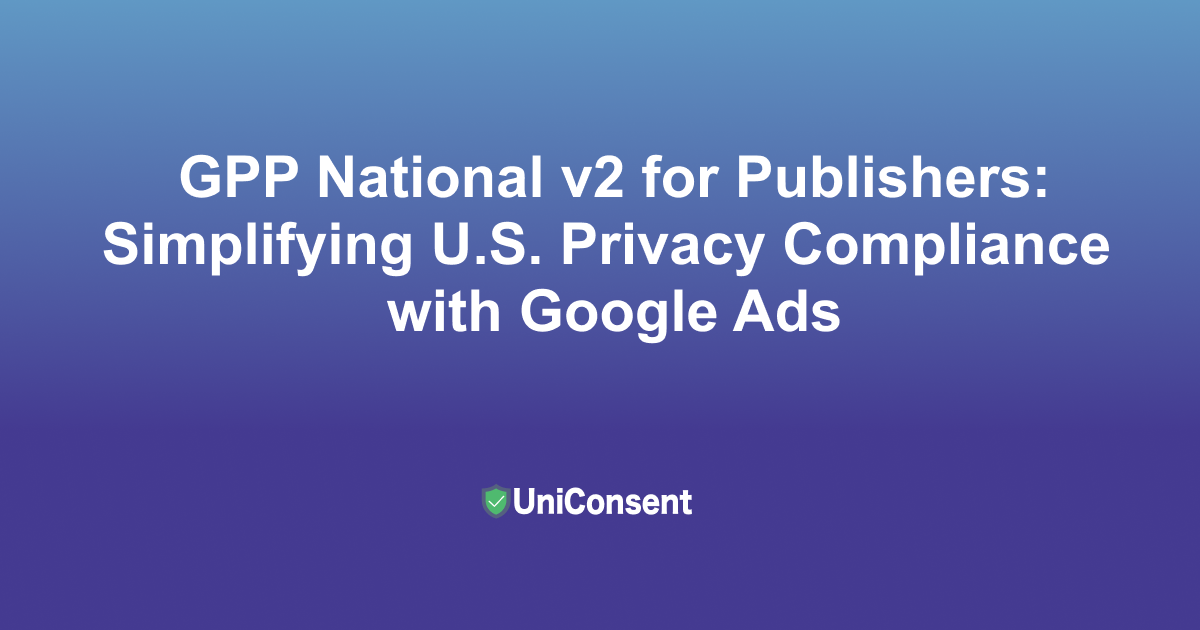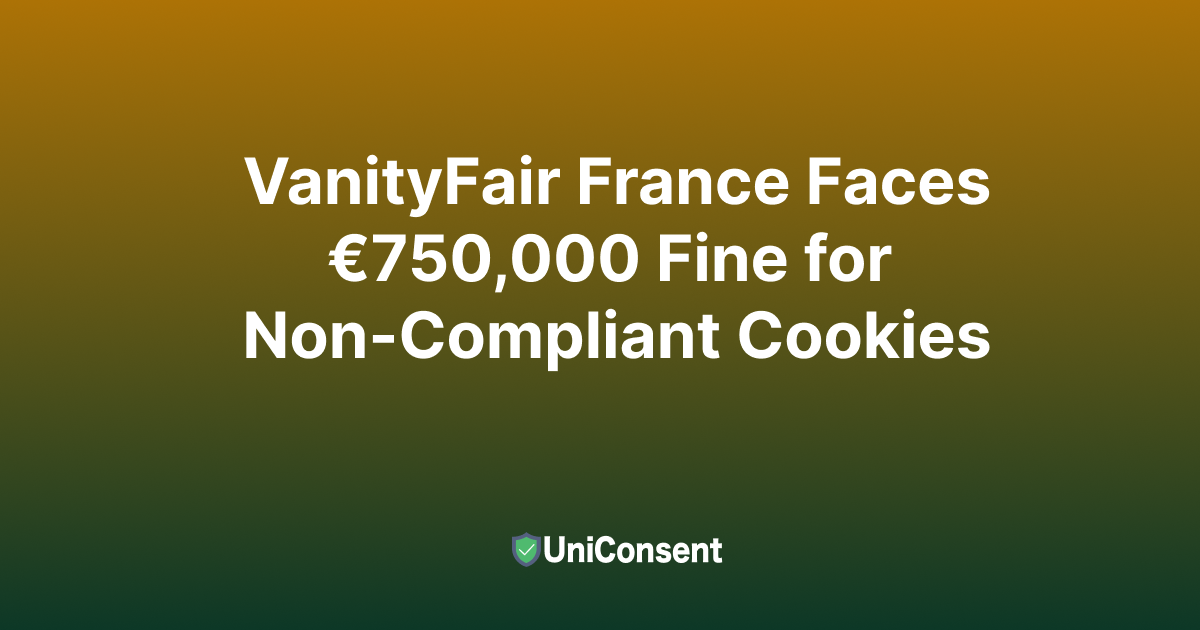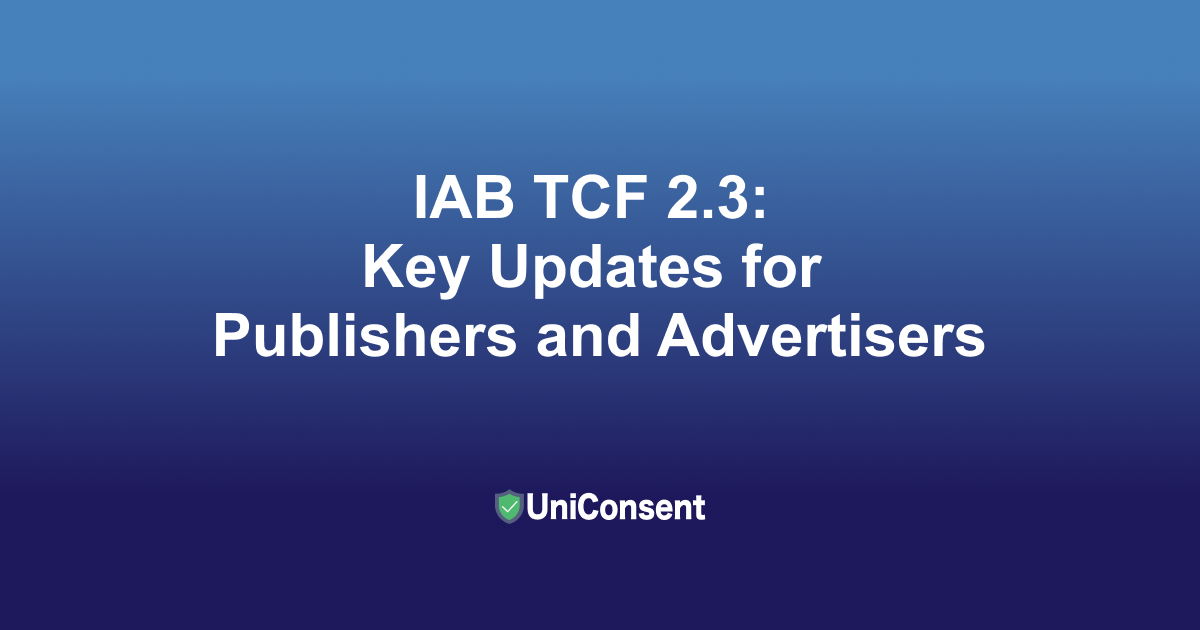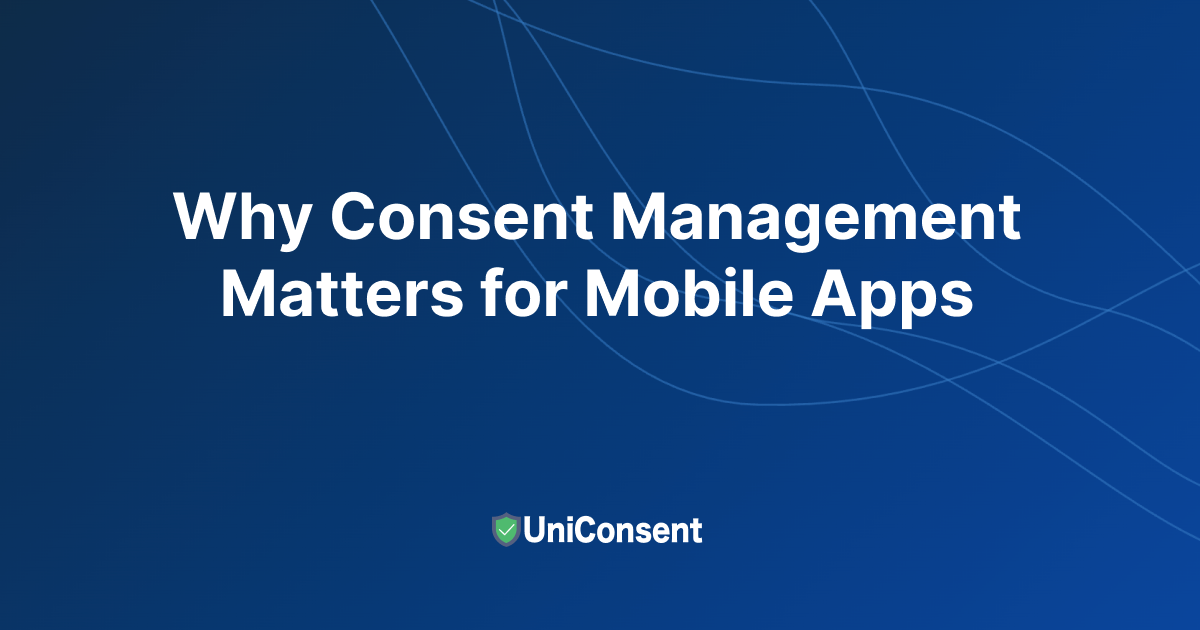GPP National v2 for Publishers: Simplifying U.S. Privacy Compliance with Google Ads
UniConsent
Table of contents
In September 2025, Google announced support for GPP National v2 across its advertising platforms, including Google Ad Manager and AdSense. At the same time, v1 signals continue to be accepted. This dual support provides publishers and CMPs with a smooth transition to the updated privacy standards.
 GPP National v2 for Publishers: Simplifying U.S. Privacy Compliance with Google Ads
GPP National v2 for Publishers: Simplifying U.S. Privacy Compliance with Google Ads
This update marks a significant step in U.S. digital privacy. For publishers, advertisers, and Consent Management Platforms (CMPs), it simplifies consent management while ensuring ad operations remain uninterrupted.
What Is GPP National v2
The Global Privacy Platform (GPP), developed by IAB Tech Lab, is a framework designed to standardize how consent signals are transmitted across websites, apps, and ad systems.
U.S. privacy laws vary by state. For example, the CPRA in California, the VCDPA in Virginia, and the CPA in Colorado each have unique requirements for how user data can be collected and used. GPP National v2 introduces a unified U.S. National String. This allows publishers to handle multiple state rules without creating separate consent flows.
Compared with v1, v2 introduces several key enhancements:
- Expanded data fields to cover new state privacy requirements.
- A streamlined data structure for easier interpretation by CMPs and ad platforms.
- Enhanced compatibility with programmatic advertising workflows.
In short, GPP National v2 is a flexible framework that ensures user privacy preferences are communicated accurately across the ad ecosystem.
Benefits of GPP National v2 for Publishers
1. Simplified Multi-State Compliance
One framework now covers multiple state laws. Publishers no longer need separate workflows for each jurisdiction. Compliance is easier, operational costs are lower, and risks of misconfiguration are minimized.
2. Seamless Integration with Google Ads
Since September 2025, Ad Manager, AdSense, and AdMob support GPP National v2 while still accepting v1 signals. Publishers can test v2 in parallel, validate their setup, and transition gradually. This avoids disruptions to ad delivery or revenue.
3. Scalable and Future-Ready
U.S. privacy regulations are evolving quickly. GPP National v2 is built for scalability. New state codes or consent fields can be added without overhauling the framework. Early adoption helps publishers respond faster to regulatory changes.
4. Increased Transparency and User Trust
Compliance is more than a legal requirement; it builds user trust. A standardized framework makes it easy to show how data is collected and used. Transparency strengthens user confidence and supports brand credibility.
Google Ad Manager Setup Details
According to Google’s official documentation:
- GPP National v2 strings have been supported since September 2025.
- Supported states include California (CA), Colorado (CO), Connecticut (CT), Florida (FL), and Virginia (VA).
- When users opt out of sale or targeted advertising, Restricted Data Processing (RDP) is applied automatically.
- Adoption is not mandatory but recommended for standardized privacy signaling.
This update reflects collaboration between Google and IAB Tech Lab. Together, they are modernizing the privacy infrastructure of digital advertising while helping publishers balance compliance, transparency, and revenue.
About UniConsent
UniConsent is a part of Transfon's privacy-first User Experience Platform serves tens of millions of users per day to provide a seamless privacy experience for both users and publishers in the age of post GDPR. Contact us to know more: hello@uniconsent.com
Leading Consent Management Platform
Compliant with GDPR, CCPA, COPPA, LGPD, PECR, PDPA, PIPEDA, and more.
Activate Google Consent Mode UniConsent to enhance the accuracy of your Google Analytics and Google Ads conversion data.
Set up Google Consent Mode →Get started to make your website and application compliant for EU GDPR, US CPRA, CA PIPEDA etc
Sign upConsent Management Platform Resources

VanityFair France Faces €750,000 Fine for Non-Compliant Cookies
UniConsent CMP is Certified as an App-Ready Partner of Google

IAB TCF 2.3: Key Updates for Publishers and Advertisers

GPP National v2 for Publishers: Simplifying U.S. Privacy Compliance with Google Ads
Maximize Google Ads ROI with Consent Mode Support from UniConsent

Why Consent Management Matters for Mobile Apps in 2025
Get started to make your website and application compliant for EU GDPR, US CPRA, CA PIPEDA etc
Sign up